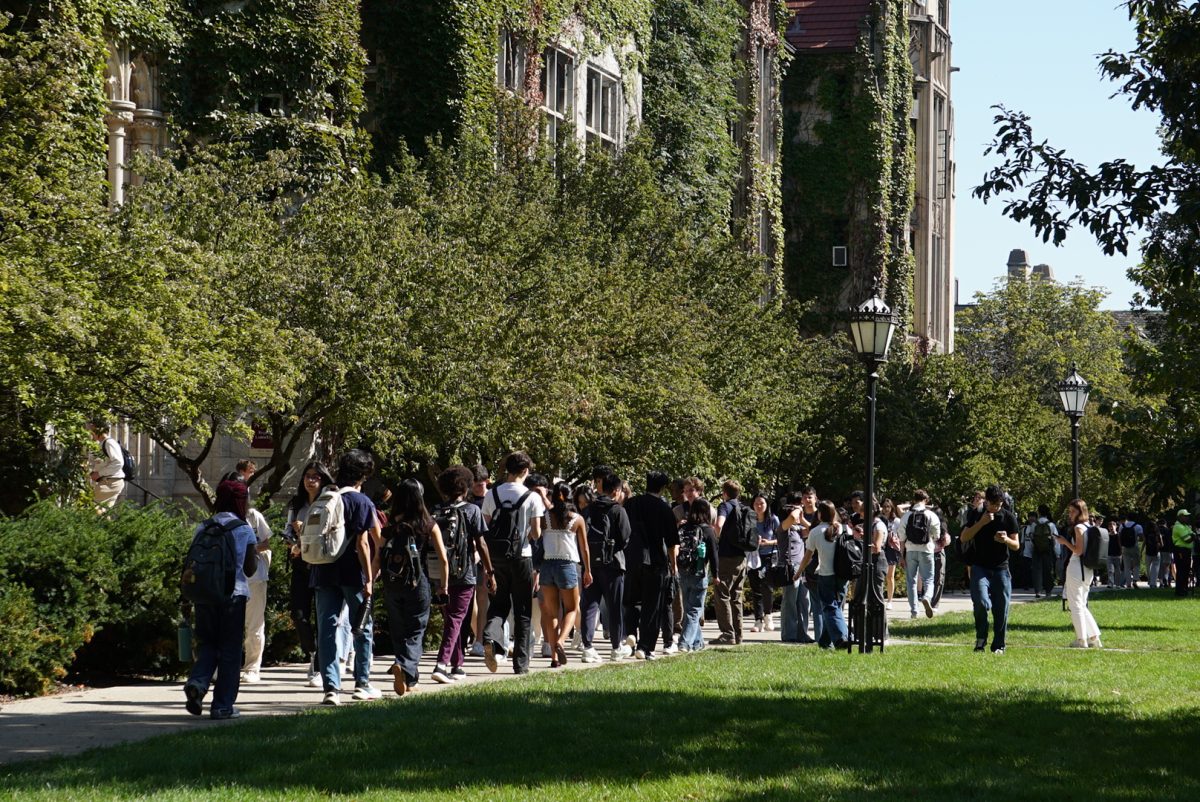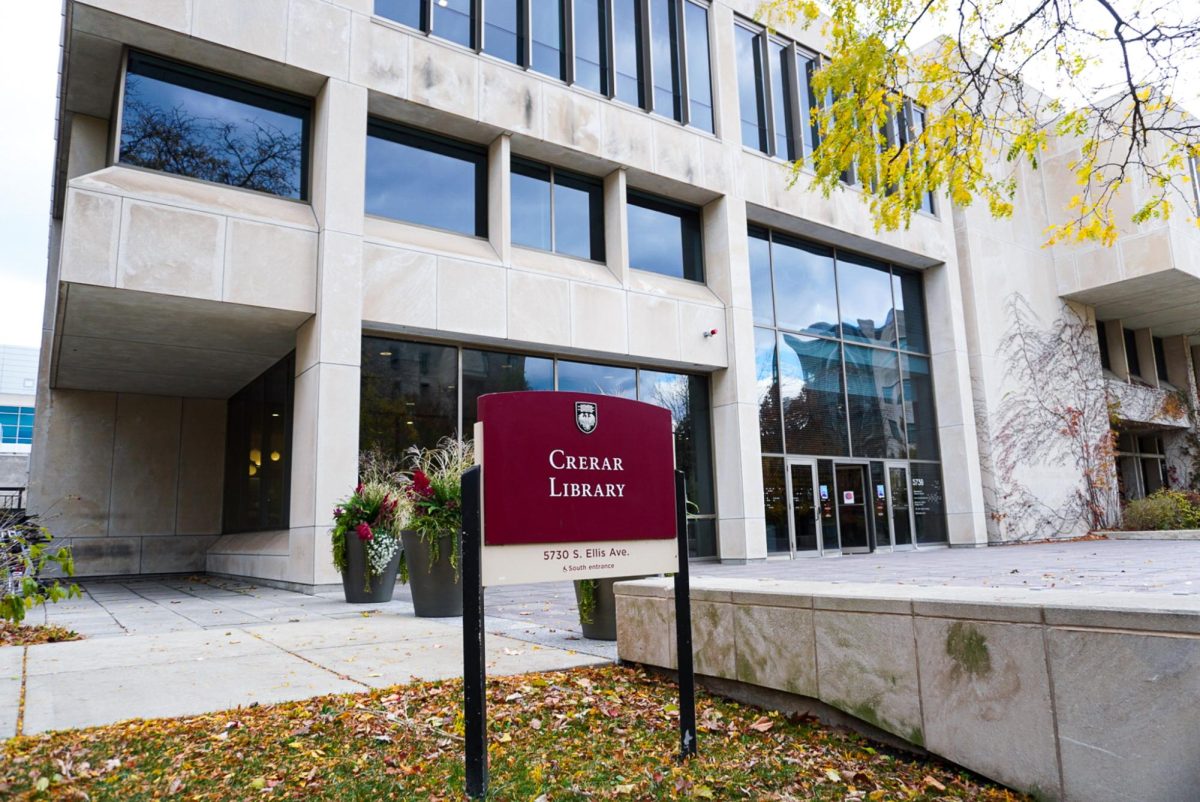Students oftentimes feel powerless or overwhelmed when it comes to the Palestine–Israel issue. But Israel’s latest assault on the Gaza Strip, enabled largely by material aid from the United States, presents us with a very clear opportunity to engage our campuses and communities, to raise awareness about Israel’s occupation of Palestine, and to campaign for justice for the Palestinian people.
Following a two-week lull in violence, Israeli occupation forces indiscriminately shot and killed a 13-year-old boy playing soccer in front of his house in Gaza on November 8. Two days after a ceasefire went into effect, Israel launched an air strike assassination of a Palestinian resistance leader who, as it was later revealed, had been formalizing a long-term ceasefire. This attack was followed by a weeklong aerial and naval assault on Gaza aimed at destroying its infrastructure, which resembled the strikes Israel had conducted during its 2008–2009 invasion of the territory.
Journalists treated the assault as an isolated flare-up in the region, with Gazan rockets once again to blame. The Israeli military tweeted that over a thousand rockets had been fired into southern Israel, refusing to mention that Israeli air strikes and cross-border incursions since 2009 have far outnumbered Palestinian rocket attacks and overpowered any inbound projectiles.
The consequences speak for themselves: In just one week, Israel killed 159 Gazans, mostly civilians. Gazan rockets, characterized by the Israeli government as a pervasive menace, killed three Israelis.
What we see now is an extension of the blockade and siege implemented by Israel on the Gaza Strip in 2006 and 2007, respectively. Both are acts of war and have resulted in the subjection of 1.7 million Gazans to regular bombing campaigns, border closures, and controlled diets. Though few in number, there are students at the University of Chicago who have experienced firsthand the destructive humanitarian impact of Israel’s siege on the Gaza Strip.
U of C professor John Mearsheimer wrote in a recent piece for the London Review of Books that “Israel’s actions in Gaza are inextricably bound up with its efforts to create a Greater Israel that stretches from the Jordan River to the Mediterranean Sea,” thereby displacing the indigenous Palestinian population once and for all. This strategy relies heavily on the United States for diplomatic cover and on the ‘Iron Wall’ approach of quite literally beating the Palestinian people into submission.
Going as far back as Israel’s founding in 1948, its occupation and colonization of Palestine, and its brutal crackdown on Palestinian civil and human rights, are the oft-ignored realities that undermine Israel’s “self-defense” reasoning. They show how deeply and historically embedded Israel’s Iron Wall approach is. Gilad Sharon, son of former Israeli Prime Minister Ariel Sharon, was hailed for urging his government to “flatten all of Gaza” the way the Americans had done with Hiroshima and Nagasaki.
In addition, the United States’ unconditional support for Israel enables it to launch indiscriminate attacks against Gaza, such as the one that killed 11 members of the Al-Dalou family—including four children, four women, and one grandfather—earlier in the month. This diplomatic and financial cover for Israel presents students with a clear course of action.
In 2005, representatives of Palestinian civil society called for a campaign of boycott, divestment, and sanctions against Israel until it complies with international law and humanitarian standards. Students across the nation proposed deshelving and divestment campaigns targeting institutions that help maintain Israel’s illegal occupation.
In this school year alone, the call has seen much success. Last month, the student government at the University of California, Irvine unanimously passed a resolution urging their institution to divest from companies that manufacture weapons for Israel’s military. Following the passage of the resolution at UC Irvine, the administration at Brown University considered a similar student proposition.
Earlier in the year, students and faculty at New York University declared growing support for a campaign urging pension-fund giant TIAA-CREF to divest from companies that profit from Israel’s human rights violations against Palestinians. Other universities are planning to follow NYU’s lead.
Here at the University of Chicago, Students for Justice in Palestine along with The Buddhist Association, the Hong Kong Students Association, Movimiento Estudiantil Chicano de Aztlan, the Muslim Students Association, and Students Organizing United with Labor took the lead in condemning Israel’s assault on the Gaza Strip in a joint statement released last week. It is the first step in an important project to raise awareness in our communities and challenge the status quo.
Israel’s invasion of the Gaza Strip is not just a blip of violence in the Middle East. It occurred as part of a deeply entrenched system of oppression and injustice that is perpetuated by skewed information and unyielding material support from nations like the U.S. By chipping away at this advantage through our words and actions on campus and in our communities, we can help bring a resolute and just end to the occupation of Palestine.
Aseal Tineh, Zahed Haseeb, and Sami Kishawi are students in the College and members of Students for Justice in Palestine.






